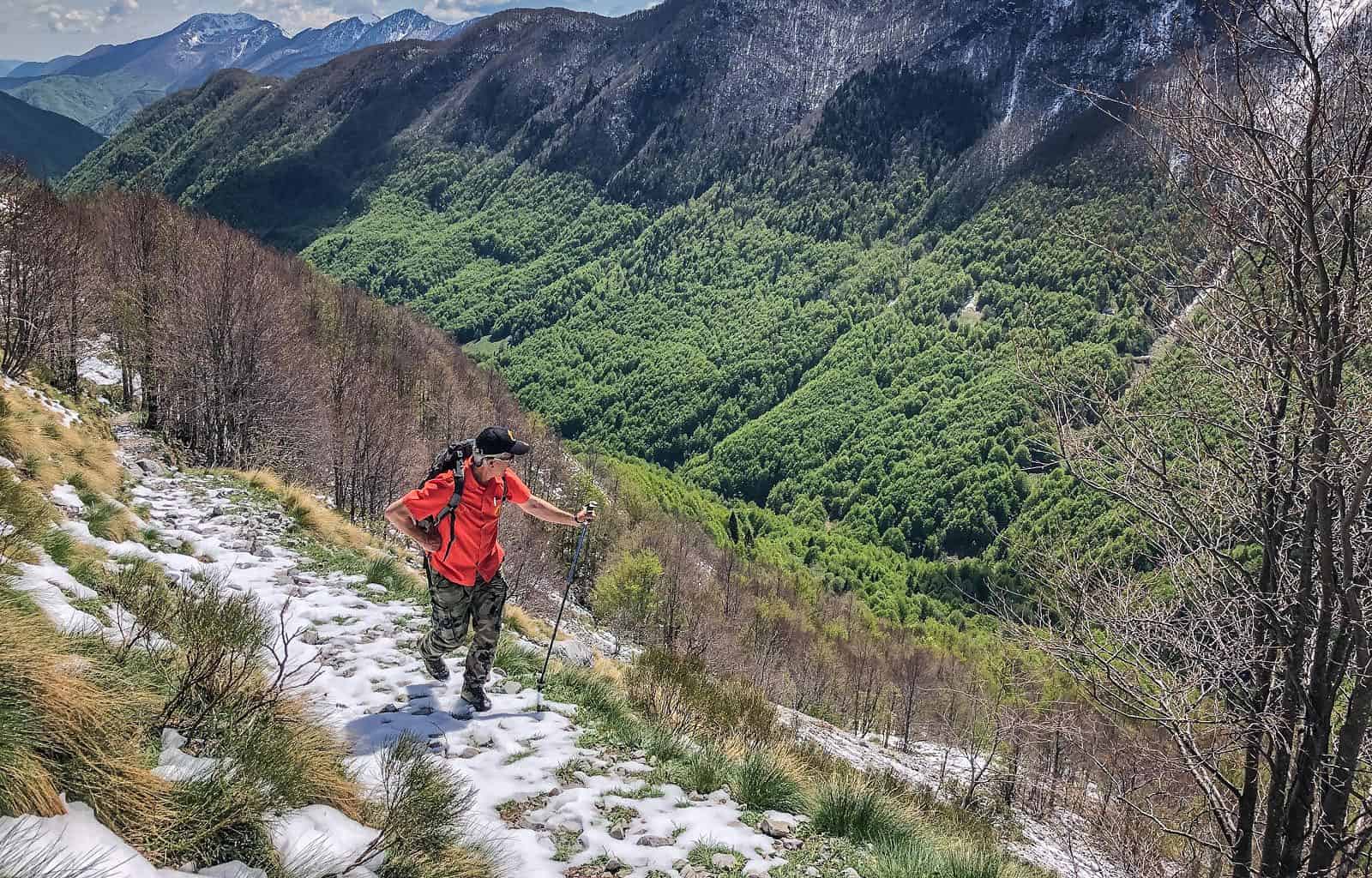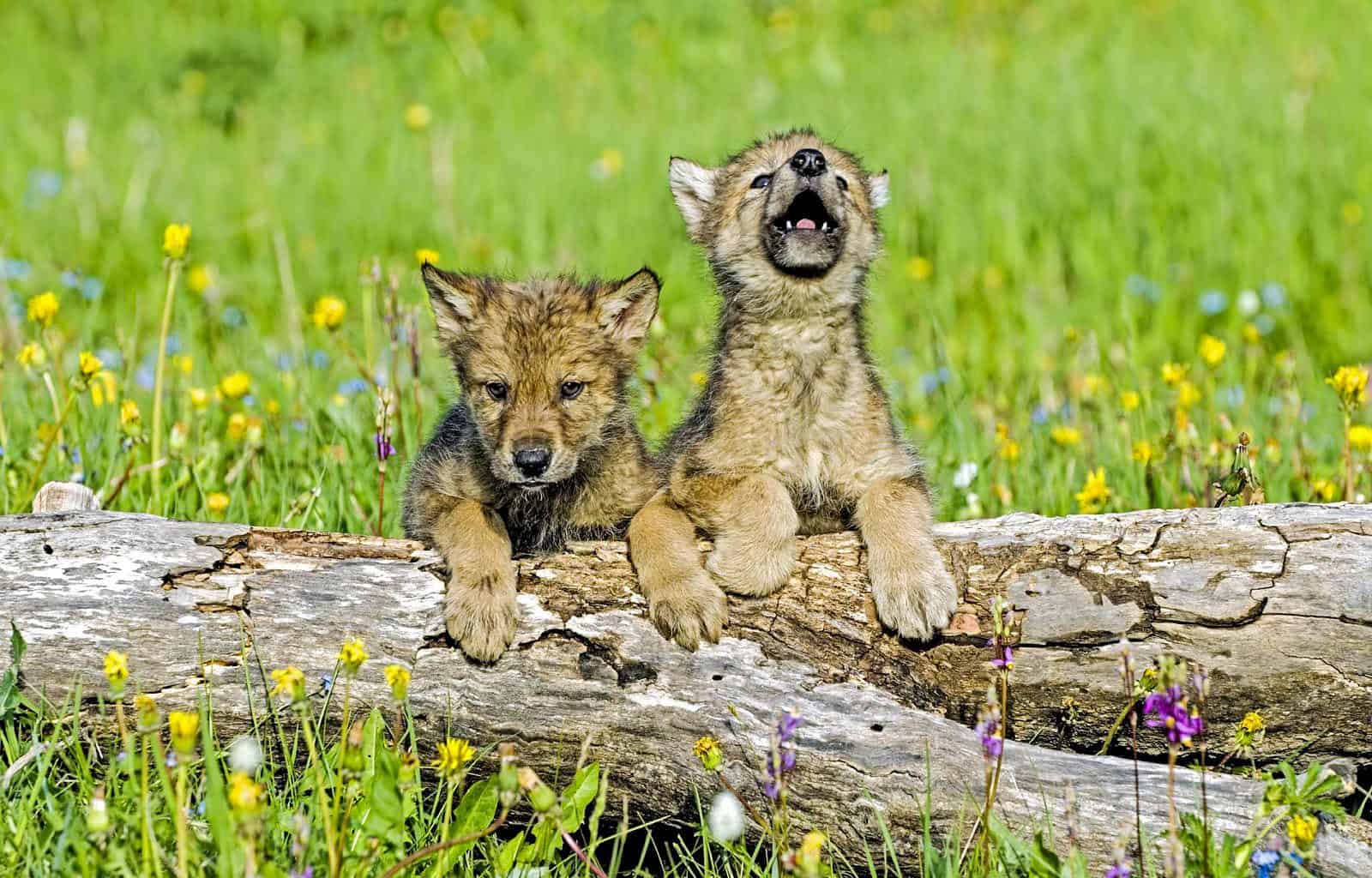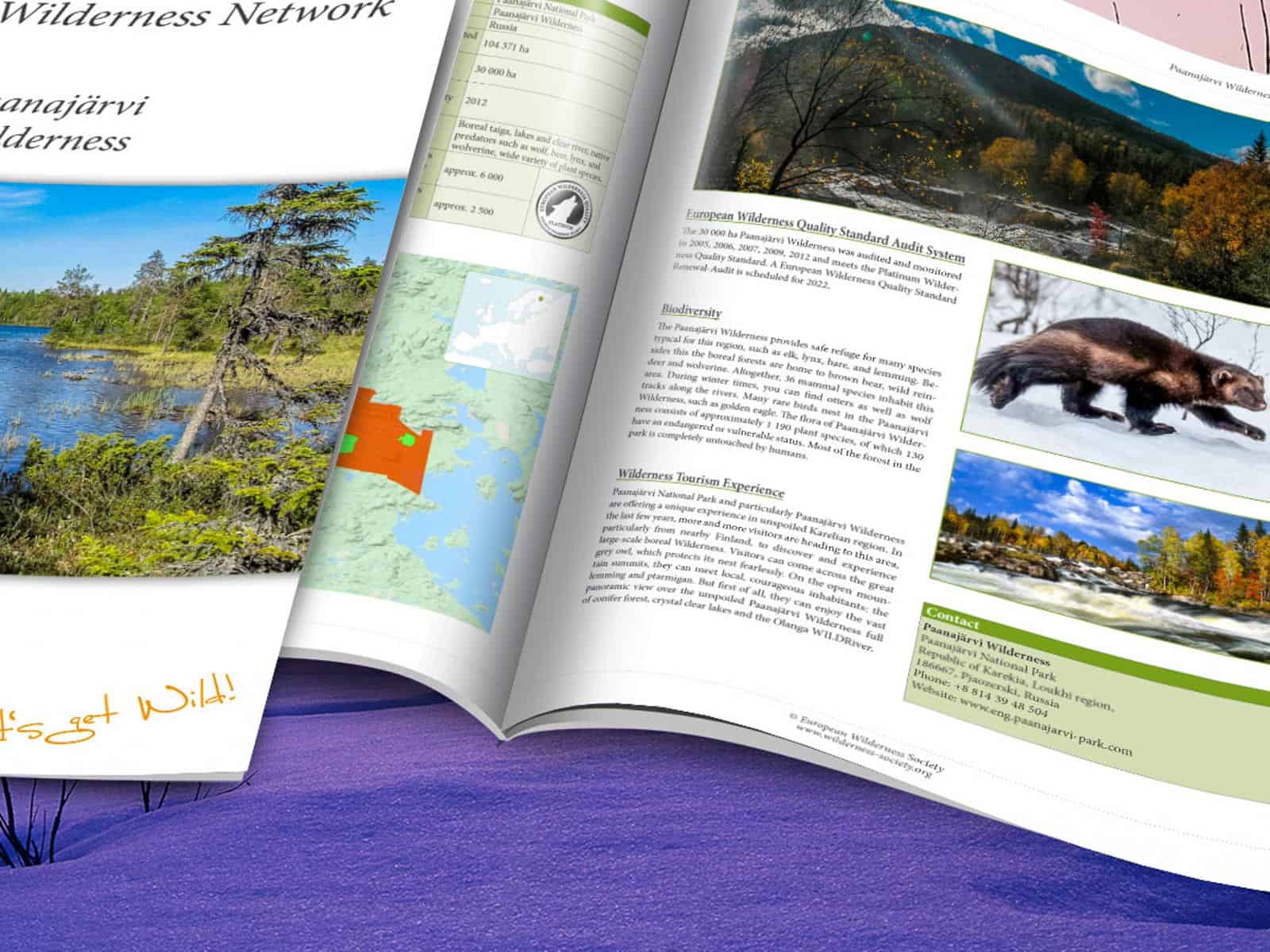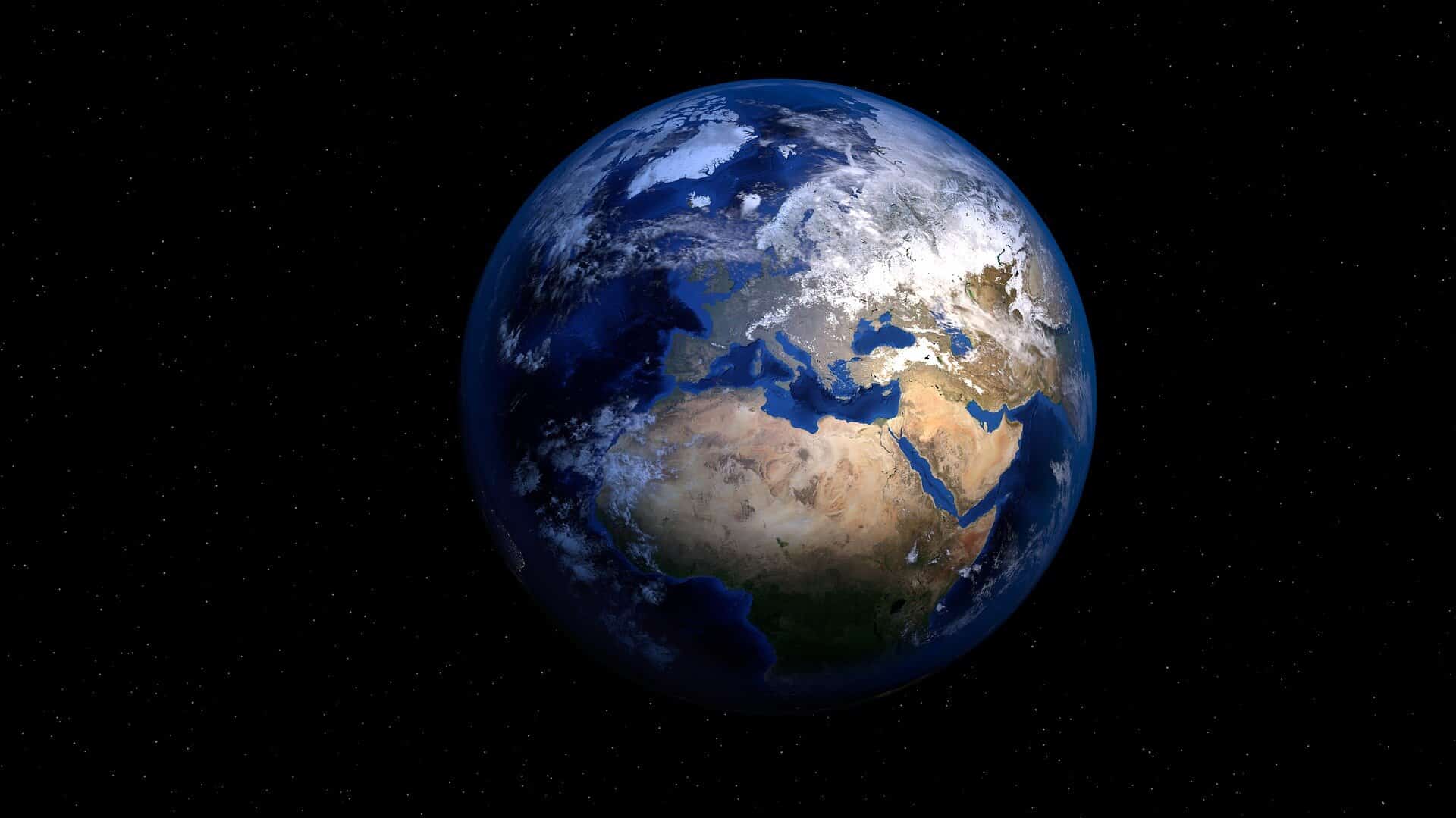World Nature Conservation Day: Safeguarding biodiversity for a stable future
Yesterday, we celebrated World Nature Conservation Day 2025, a timely reminder that forests, rivers, grasslands, and wild mountains are not just beautiful—they are essential for life on Earth. Clean air, fresh water, fertile soil, and food all come from nature. Yet we often take this for granted. Without healthy ecosystems, we cannot grow crops, raise animals, or live in safety. That’s why we need to protect natural ecosystems – not just for wild animals, but also for ourselves and future generations.
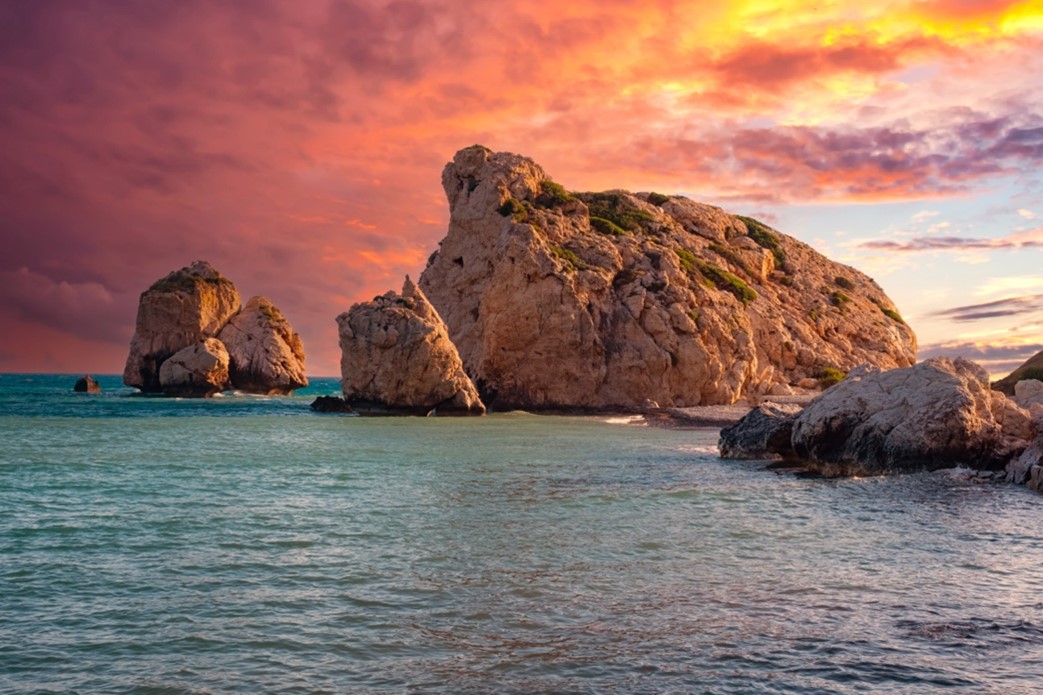
Climate change and biodiversity loss
Nature is changing fast. We are losing plant and animal species every day, and wild habitats are shrinking. This loss directly affects the climate and our quality of life. In the Carpathians, ancient forests and mountain meadows are disappearing. These ecosystems help cool the planet, hold water, and store carbon. If we lose them, climate change will speed up. Protecting wild places is one of the most effective ways to fight the climate crisis.
Biodiversity also strengthens nature’s ability to adapt to change, making ecosystems more flexible in extreme weather. When species vanish, we lose not only beauty but also the hidden functions that keep nature in balance.
Local actions, global impact
Even small actions can have a big effect. Local nature conservation projects help protect rare species and restore damaged landscapes. What happens in one valley or forest can inspire others and contribute to healthier ecosystems across borders. Every protected habitat adds to the global network of biodiversity. Farmers, forest managers and local communities play a key role. Supporting wilderness areas, national parks and traditional grazing or haymaking can all help biodiversity. When we work with nature – not against it – we create a more stable and resilient future.
What can I do?
You don’t need to be a scientist to help. Respect nature when you visit. Take only pictures, leave only footprints. Reduce waste and use less plastic. Choose food that’s local and eco-friendly. Support organisations working to protect wild areas. Talk to your friends and family about why nature matters. Every small step counts – and together, they lead to real change.

Conclusion
World Nature Conservation Day is not just a symbolic date. It’s a reminder that nature was here long before humans appeared – and in truth, nature doesn’t need us. On the other hand, it is we who deeply depend on nature for our survival and well-being. Protecting the wild is not a favour to the planet – it is a necessity for ourselves and future generations. The time to act is now.
Discover more from European Wilderness Society
Subscribe to get the latest posts sent to your email.



